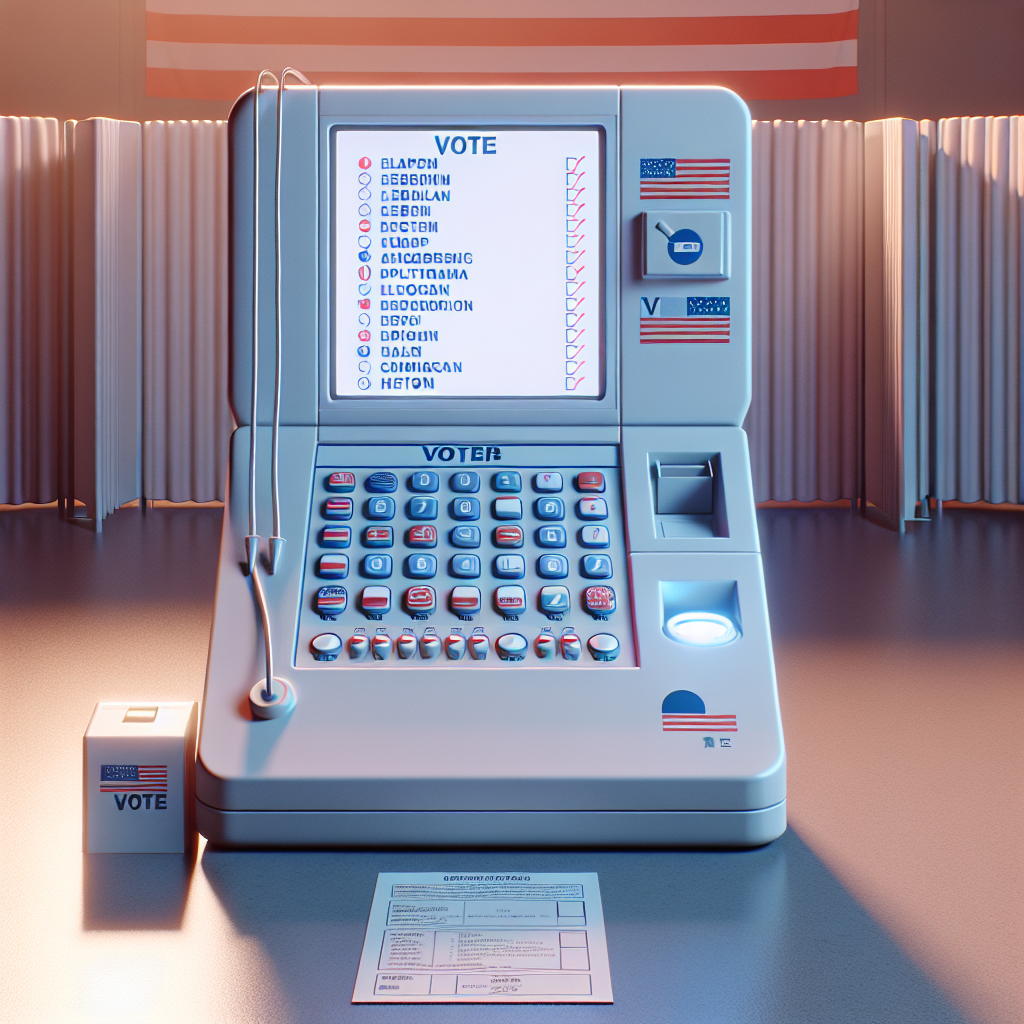Reassessing Democracy: Age, Votes, and Political Influence
The notion of 'one person, one vote' is being reevaluated, especially regarding age-based political influence. While younger voters like Gus Sharpe could be more affected by long-term decisions, equal voting rights remain upheld. Yet, academics suggest a proportional voting system might better reflect affectedness by decisions.

- Country:
- Norway
The principle of 'one person, one vote' is foundational to democracy, yet recent discussions question whether it should remain unchallenged, particularly in terms of age-related influence. For example, in the aftermath of Brexit, 19-year-old Gus Sharpe felt more affected by the decision, facing potential limitations on opportunities within the EU.
Comparatively, the 100-year-old former US President Jimmy Carter prepared to vote with ostensibly the same electoral power, despite facing fewer long-term consequences. This paradox highlights age as a possible factor in voting power, as seen widely in political divides between younger and older voters globally.
Arguments for reform focus on the 'affectedness' principle, suggesting those more impacted by decisions should have proportionate voting power. Critics warn against altering the system to engineer outcomes, yet the debate grows, questioning if 'one person, one vote' truly represents modern democratic ideals.
(With inputs from agencies.)









